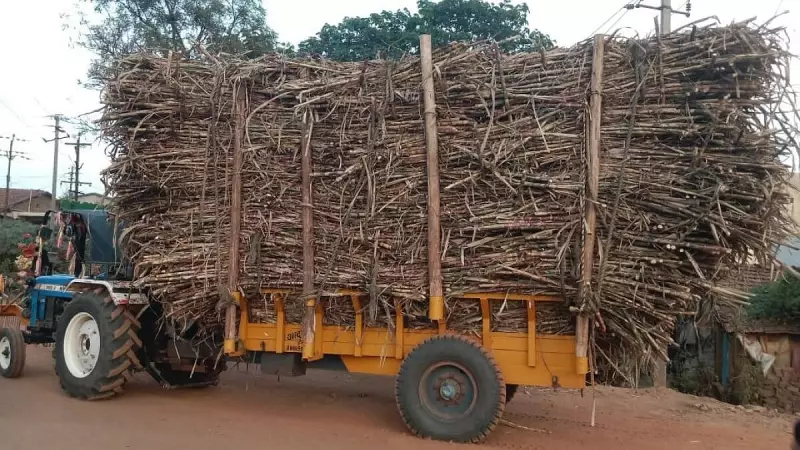
In a significant development that's creating waves across the sugar belt, Maharashtra has rolled out a substantially sweeter deal for its sugarcane cultivators, effectively upstaging neighboring Karnataka's efforts and setting a new benchmark in farmer remuneration.
The Price War Heats Up
The heart of this agricultural showdown lies in the numbers. While Karnataka recently announced what seemed like a respectable Fair and Remunerative Price (FRP) of ₹3,200 per tonne, Maharashtra has countered with an impressive ₹3,400 per tonne for the 2024-25 season. This ₹200 per tonne difference might seem modest on paper, but translates to significant financial implications for farming communities across both states.
Beyond the Basic Price Tag
What makes Maharashtra's offer particularly compelling isn't just the higher base price. The state government has incorporated several farmer-friendly provisions that demonstrate a comprehensive approach to agricultural welfare:
- Early Payment Incentives: Mills clearing dues within 14 days of cane delivery receive special benefits
- Transportation Support: Enhanced logistics and transport assistance for remote farming communities
- Quality Premiums: Additional payments for higher sucrose content cane varieties
Karnataka's Response and Farmer Sentiment
The announcement from Maharashtra has created palpable unrest among Karnataka's sugarcane growing community. Many farmers in border districts are now openly expressing their dissatisfaction with their state's comparatively lower pricing structure.
"When our neighboring state can offer better rates, why can't Karnataka? We face similar cultivation costs, similar challenges, but get substantially lower returns," voiced a prominent farmer leader from Belagavi district, echoing the sentiment spreading across the farming community.
Economic Ripple Effects
This pricing disparity isn't just about farmer incomes—it has broader economic implications:
- Cross-Border Competition: Could trigger migration of skilled agricultural labor
- Mill Efficiency Pressure: Sugar mills in Karnataka may need to enhance operational efficiency
- Political Implications: Becomes a significant talking point in state agricultural policies
The Bigger Picture: Sustainable Farming Futures
While the immediate focus is on pricing, agricultural experts suggest this competition could ultimately benefit farmers across both states. The heightened attention on sugarcane pricing is pushing state governments to develop more comprehensive farmer support programs that extend beyond just price guarantees.
The evolving scenario underscores a critical shift in state-level agricultural policies, where farmer welfare is becoming a key differentiator in regional development strategies. As the sugar season approaches, all eyes will be on how Karnataka responds to this sweet challenge from its northern neighbor.
The coming months will reveal whether this price competition evolves into a broader movement for better agricultural support systems, potentially setting new standards for farmer welfare across India's crucial sugar-producing regions.






